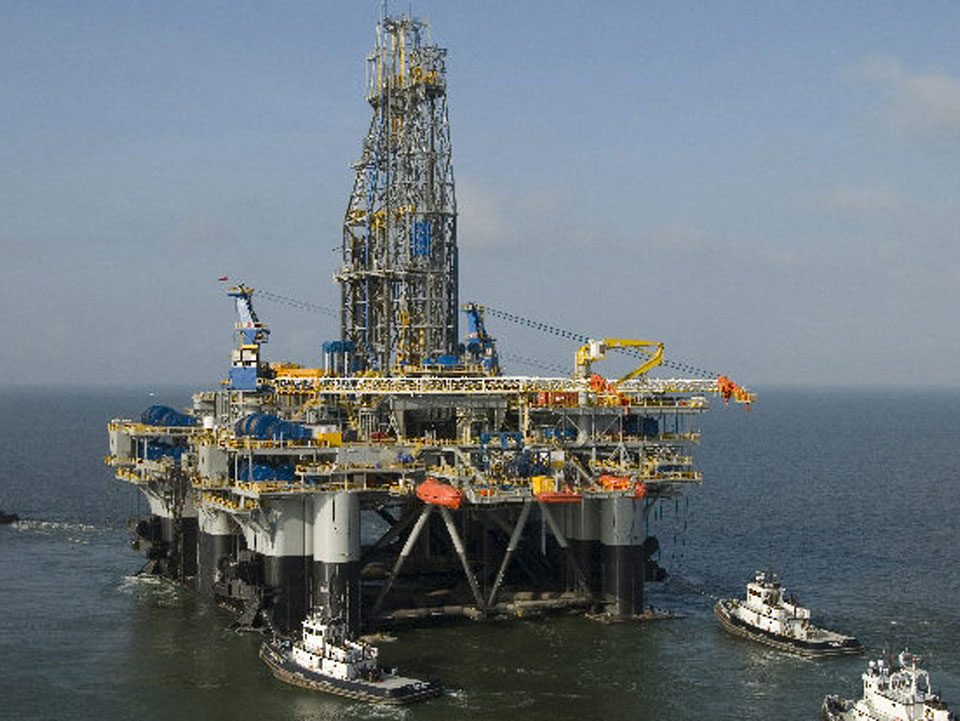Nigeria Update: Oil prices surpass World Bank’s forecast at over $60 a barrel

Nigeria Update: Investors’ wealth appreciates by 3.2% in one month
November 1, 2017
Africa Update: Africa’s best, worst countries for doing business
November 1, 2017Global crude oil benchmark -Brent has increased from $58.15 a barrel to $60.75 a barrel while West Texas Intermediate (WTI) from $51.61 to $54.19 a barrel as at yesterday.
Specifically, Nigeria’s Bonny Light rose from $57.22 in the previous week to $60.19 a barrel on Sunday.
This is far from World Bank’s forecast of $56 a barrel for the coming year.
The bank said in its recent Commodity Market Outlook released at that weekend, that oil prices are expected to rise to an average of $56 per barrel in 2018 from an average of $53 barrels in 2017 as a result of steadily growing demand, production cuts among oil exporters, and stabilizing United State (U.S.) shale oil production.
But oil prices surpassed the bank’s prediction on Sunday by going as high as above $60 a barrel.
According to the World Bank, the oil price forecast is a small downward revision from the April outlook and is subject to risks.
It noted that supplies from producers such as Libya, Nigeria, and Venezuela could be volatile. “Members of the Organization of the Petroleum Exporting Countries (OPEC) and other producers could follow up their production limiting agreement of last year by deciding to cut production further, maintaining upward pressure on prices. At the same time, failure to renew the existing agreement could drive prices down, as could higher production from the U.S. shale oil industry, which has reduced its operating costs substantially.
“More broadly, prices for energy commodities—which also include natural gas and coal—are forecast to climb four per cent in 2018 after a 28 percent leap this year. Natural gas prices are expected to rise three percent in 2018, while coal prices are seen retreating following a spike of nearly 30 percent in 2017. China’s environmental policies are anticipated to be a key factor determining future trends in coal markets”, it added.
The World Bank said that China will similarly play an important role in the evolution of metals prices, which should stabilize as a group in 2018 as a correction in iron ore prices is offset by gains in other base metals.
It stated that Iron ore prices are forecast to tumble 10 percent in the coming year while tight supply should push up prices for base metals including lead, nickel and zinc.
Downside risks to the forecast include slower-than-anticipated demand from China, or an easing of production restrictions on China’s heavy industries.
“Gold prices are anticipated to ease next year on expectations of higher U.S. interest rates.
“Agriculture prices are seen edging up in 2018 due to lower planted area, with grain and oils and meals prices rising marginally. Agricultural commodity markets are well-supplied. Indeed, stocks-to-use ratios, a measure of how well supplied markets are, have reached multi-year highs for some grains”, it added.
It noted that favorable weather patterns, well-supplied global food markets, and relatively low world prices do not necessarily imply ample food availability everywhere.
World Bank said that drought conditions that are by some accounts the worst in 60 years have caused crops failures in parts of Ethiopia, Somalia and Kenya and led to severe food shortages. “Conflicts in South Sudan, Yemen and Nigeria have driven millions of people from their homes and left millions more in need of emergency food”, it added.
Speaking on crude oil prices recently, Nigeria Minister of State for Petroleum, Ibe Kachikwu said that it will not be possible for oil price to reach $100 per barrel in 2018.
He explained that already, more countries were beginning to cut down their dependence on fossil fuels as the amin fuel source to power their economies.
He noted that the industry could experience better market conditions towards the last quarter of 2018.
Kachikwu said: “Everything all added up together is showing us that towards the last quarter of 2018, we expect a better market. Does that better market translate to your $100 a barrel price? Never. I don’t see it. Frankly see it.”

